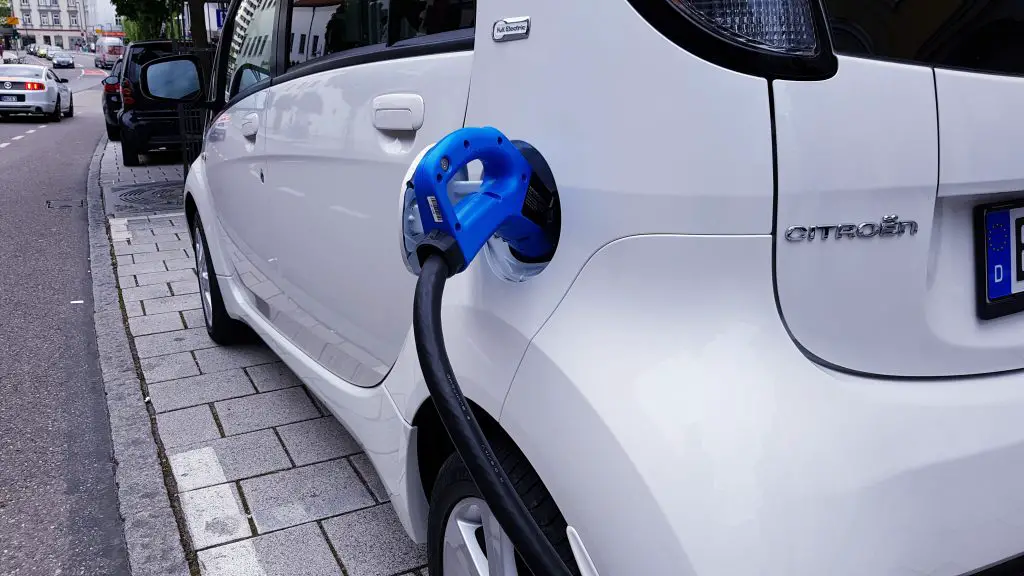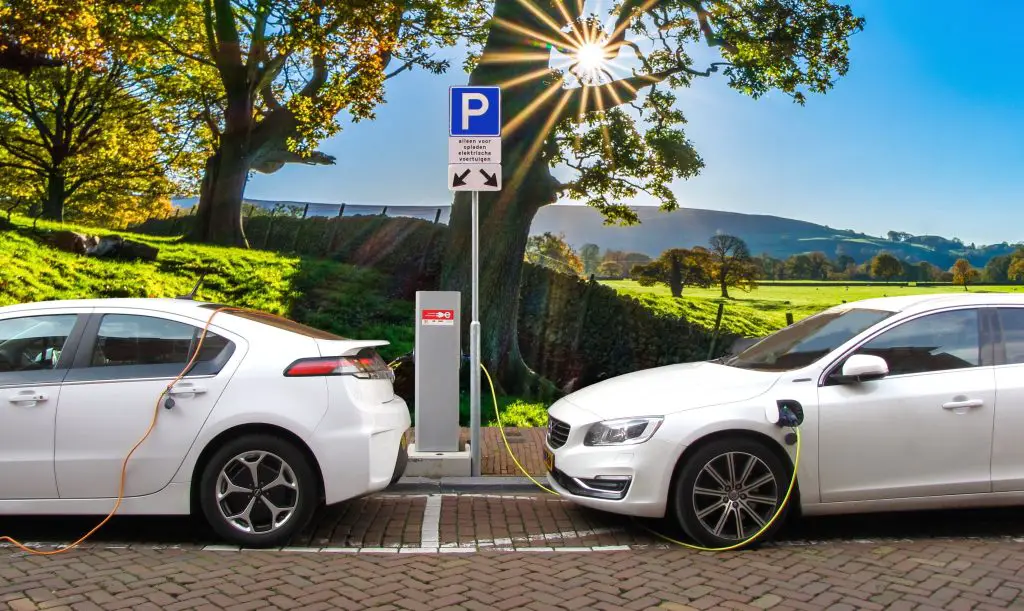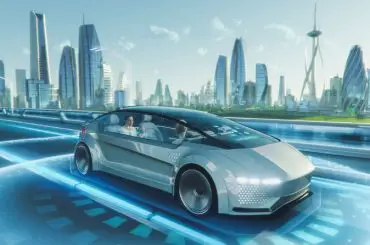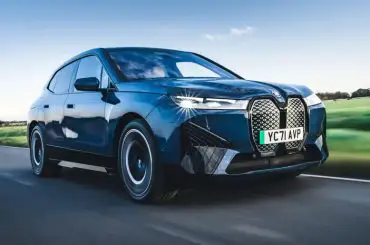Contents
Disadvantages Of Electric Cars Introduction
Electric cars are becoming increasingly popular as people look for ways to reduce their carbon footprint and save money on fuel costs. However, like any technology, electric cars have their disadvantages as well. In this article, we will explore 20 of the biggest disadvantages of electric cars.

1. Limited Driving Range
One of the biggest disadvantages of electric cars is their limited driving range. Most electric cars can only travel between 100-300 miles on a single charge, which can be a problem for long-distance trips.
2. Long Charging Time
It can take several hours to fully charge an electric car, which can be inconvenient for drivers who need to use their vehicle frequently.
3. Limited Charging Infrastructure
The availability of charging stations is still limited, especially in rural areas, making it difficult for electric car owners to find a place to charge their vehicle. This is a one of a big disadvantages of electric cars.
4. Higher Upfront Cost:
Electric cars are generally more expensive than traditional gasoline-powered cars, which can be a barrier for some consumers.
5. Battery Replacement Cost:
The cost of replacing the battery in an electric car can be high, which may deter some consumers from purchasing an electric car.
6. Cold Weather Performance:
Electric car batteries perform less efficiently in cold weather, which can lead to reduced driving range.
7. Heavy Weight
Electric cars are heavier than traditional cars due to the weight of the battery, which can affect performance and handling.
8. Lack of Sound:
Electric cars are very quiet, which can be a safety concern for pedestrians who are not able to hear them approaching.
9. Limited Towing Capacity
Electric cars may not have the same towing capacity as traditional vehicles, which can be a problem for those who need to tow trailers or boats.
10. Limited Choice
The range of available electric cars is still relatively limited, which may make it difficult for some consumers to find a car that meets their needs.
11. Depreciation
Electric cars may depreciate more quickly than traditional cars, which can lead to lower resale value.
12. Production Cost
The production cost of electric cars is higher than traditional cars, which may make it difficult for car manufacturers to make a profit.
13. Limited Performance
Electric cars may not offer the same level of performance as traditional cars, especially when it comes to acceleration and top speed.
14. Limited Battery Life
The lifespan of an electric car battery can be shorter than the lifespan of a traditional car battery, which can be a concern for some consumers.
15. Safety Concerns
There are concerns about the safety of electric cars, particularly in the event of a crash or fire.
16. Limited Access to Repair Shops
Not all repair shops have the necessary expertise to repair electric cars, which can be a problem for owners who need maintenance or repairs.
17. Dependence on Electricity
Electric cars are dependent on electricity, which may not be available in some areas or during power outages.
18. Charging Cable Issues
The charging cable for an electric car can be bulky and difficult to manage, which can be inconvenient for some drivers.
19. Lack of Public Awareness
Many people still do not understand how electric cars work, which can make it difficult for electric car owners to explain the technology to others.
20. Not Suitable for All Driving Conditions
Electric cars may not be suitable for all driving conditions, especially those that require high power and torque.
Conclusion
Electric cars offer many advantages, such as lower fuel costs and reduced carbon emissions, but they also come with their fair share of disadvantages. It’s important for consumers to weigh these disadvantages of electric cars against the benefits before making a decision about whether to purchase an electric car. However, EV manufactures are experimenting how to reduce those disadvantages of electric cars.





